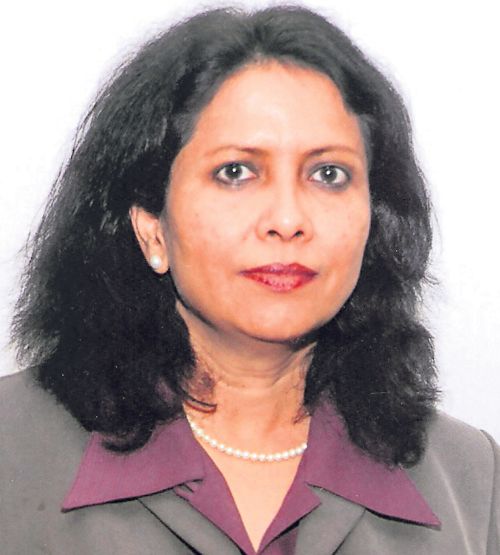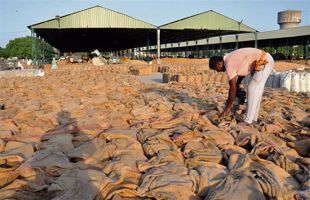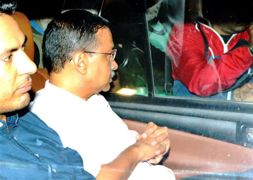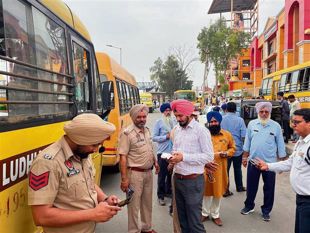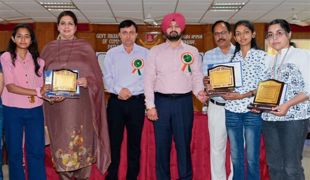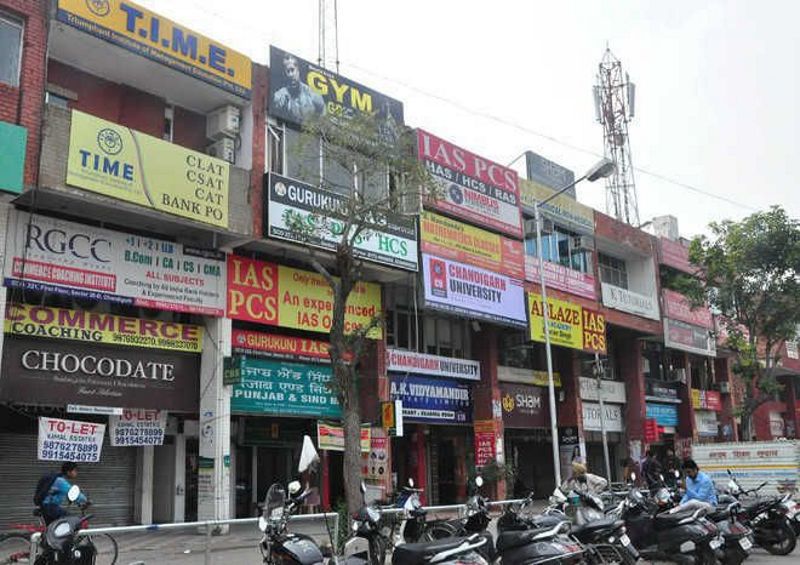
Photo for representational purpose only. - File photo
Pushpa Girimaji
EVERY year, when results of the Union Public Service Commission’s Civil Services Examination come out, you will find full-page advertisements of several IAS coaching centres, claiming credit for coaching the successful candidates. In fact, you will also find such advertisements following results of other competitive examinations such as the National Eligibility-cum-Entrance Test and Joint Entrance Examination. However, if you scrutinise the advertisements carefully, you may well find the pictures of the same successful candidates appearing in the advertisements of several coaching centres. Considering the steep fee charged by the centres and the number of teaching hours, how can anyone enrol for the full course at more than one coaching centre and attend those?
If you investigate, you will realise that many of the successful candidates whose pictures appear in the advertisements would probably have attended only the mock interview programme conducted free of charge. Besides, the large number of pictures in the advertisements give the impression that many students coached by the institutes have passed the competitive exams with flying colours — but how many of those who are lured by the advertisements are in a position to check the veracity of the claim and see whether all the pictures are really those of the successful candidates and of that year?
In the past few months, the consumer protection regulator, the Central Consumer Protection Authority (CCPA), has been probing many such advertisements and has issued notices to nearly two dozen coaching centres. It has imposed penalty on about eight of them for misleading advertisements and unfair trade practices. It has now placed in public domain the draft guidelines specifically aimed at nipping in the bud such manipulations. The draft Guidelines for Prevention of Misleading Advertisement in Coaching, 2024, specifically mandate that when a coaching institute publishes a photo of a successful candidate, it must disclose (a) the rank secured by the successful candidate, (b) the name of the course opted by the successful candidate, (c) duration of the course, and (d) whether the course was free or paid for. In fact, the guidelines should also ask for the amount paid because while some institutes conduct mock interview programmes free of cost, some charge a nominal fee. To circumvent the intent of the guidelines, all of them may well start charging a small amount.
The draft guidelines also clarify that making ‘false claims regarding success rates, number of selections, or rankings of students in any competitive examination without providing verifiable evidence constitutes a misleading advertisement’. It also makes it obligatory on part of the coaching centres to accurately represent the facilities, resources and infrastructure available to students in the advertisements.
For too long, the coaching industry has gotten away with deceptive advertisements. For over two decades, beginning in 1984 when the Monopolies and Restrictive Trade Practices Commission was armed with the power to curb unfair trade practices, the advertisements of coaching centres came under its radar and many were hauled up for misleading advertisements. After the repeal of the MRTP Act in 2009, consumers had to fight their own battles and take such cases to the consumer courts constituted under the Consumer Protection Act of 1986. This considerably emboldened the coaching industry and such advertisements once again flourished at the cost of consumers. The fact that there was no law to regulate these mushrooming coaching centres only made matters worse.
Concerned over the exploitation of consumers, Mohan Singh, an MP, introduced in the Lok Sabha in 2005 a private member’s Bill to check malpractices. Titled ‘The Pre-examination Coaching Centres Regulatory Authority Bill, 2005’, it provided for recognition of the coaching centres on the basis of fixed criteria, setting standards for teaching and infrastructure and putting limits on fees. There were penalties for violations. Unfortunately, it suffered the same fate as of most private member Bills — it did not become a law. Nor did it spur the government to bring in a law to check the exploitation of consumers.
Almost two decades later, in January this year, the Union Ministry of Education issued comprehensive guidelines for regulation of the coaching industry and asked all states and UTs to formulate an appropriate legal framework for registering and regulating the industry. The guidelines deal with various problems encountered by students, including refusal by coaching institutes to refund the fees of students wishing to discontinue the course, poor infrastructure, unqualified teachers and false claims. It also mandates adequate protection for the mental well-being of students.
Today, states such as Karnataka, Bihar, Goa, Uttar Pradesh and Manipur have their own laws for regulating the coaching industry, but most others do not and it’s time for all of them to adopt the guidelines to rein in the industry and protect consumers.
As far as the issue of misleading advertisements is concerned, the Consumer Protection Act of 2019 has fully empowered the CCPA to tackle them and the draft guidelines, when notified, will add to its strength.
The CCPA can not only impose hefty penalties, but can also direct coaching centres found guilty of misleading advertisements to issue corrective advertisements, thereby fully exposing the falsity. Corrective advertisements will, in fact, instil the fear of law in an industry that has so far exploited consumers with impunity and the CCPA should fully use this provision.
Join Whatsapp Channel of The Tribune for latest updates.






